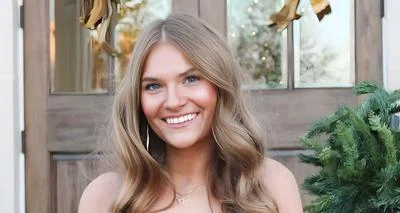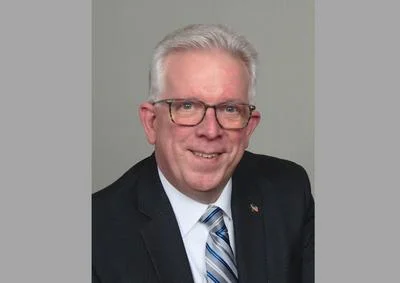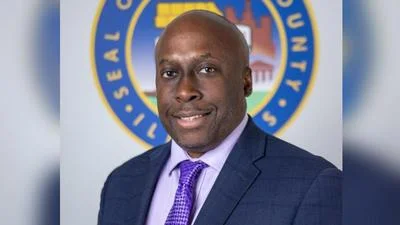Screenshot from CCSD15 board meeting. | CCSD15
Screenshot from CCSD15 board meeting. | CCSD15
Palatine Community Consolidated School District 15 has opted out of the new Illinois sexual education standards signed by Illinois Gov. JB Pritzker in August 2021.
Yet, the district employs a company to teach students that said it was ready to “meet the requirements of the bill.”
Public Act 102-0522, formerly SB 818, brings controversial sexual education standards from the National Sex Education Standards (NSES) to Illinois schools. The NSES was created by two Washington, D.C.-based special interest groups and another affiliated with Rutgers University in New Jersey.

James Pittman
| YouTube
“District 15 has not adopted the National Sex Education Standards that were adopted by Illinois,” a statement from the district said.
While District 15 said it opted out of the requirements in the law, it employs Candor Health Education, a Hinsdale-based organization, to teach seventh and eighth grade students. Candor openly pledges obedience to the NSES guidelines.
“Candor Health Education had already been using the National Sexuality Education Standards as a guide during the complete redevelopment of our sex education programs,” according to the company’s website.
The company said it “increased the student learning time beyond our typical 90-minute in-school program” to allow them “to include the additional topics that are listed in SB 818,” according to its website.
In a Sept. 7 Instagram post, Candor said parents can “rest assured” that the programming and curriculum are the “same as last year.”
“Our programming has not changed due to #SB818,” the post said.
This is likely because Candor changed its curriculum to meet the standards before SB 818 was passed and signed.
In a section of the company’s website headlined “National Sexuality Education Standards (NSES) Program Alignment,” Candor lists 167 different NSES standards. It labels its curriculum as “fully” compliant for 109 of the standards, “partially” compliant for 31 and just 27 are “not addressed.”
One such standard that Candor lists itself as “fully” compliant with is “define sexual identity and explain a range of identities.”
These identities include: Heterosexual, bisexual, lesbian, gay, queer, two spirit, asexual and pansexual.
An April 27 tweet from Candor Health included an article titled “Should We Be Talking to Kids About What It Means To Have Good Sex?” and a Sept. 15 tweet shared another article: “The Case for Starting Sex Ed in Kindergarten.”
During the Sept. 14 District 15 board meeting, several citizens spoke during public comment about what Candor is teaching, and if it’s nearly NSES-compliant, what the purpose of opting out was.
“So what portion of the standards does D15 really cover?” Palatine resident Vicki Wilson asked. “Is it 80% or 90%? Because it appears as long as it’s not 100%, you can say you are opting out.”
James Pittman, Palatine resident and pastor at New Hope Community Church, also addressed the board.
“Candor posted on Twitter on Aug. 30 that they had not changed anything due to SB 818,” he said. “That was true because they switched it five months before.”
Pittman listed topics Candor teaches to students, including defining vaginal, oral and anal sex and explaining barrier methods in seventh grade.
Candor teaches students about “penile, vaginal, oral, anal and skin-to-skin” forms of sexual contact, according to a July 2022 video posted on its YouTube channel.
“If I were to take what was taught here, and go to my church and have a conversation with 12-year-old girls and boys I would be arrested,” Pittman said.
Teri Paulson, also a resident of the district, spoke to the board about sexually explicit books in school libraries. She read from a 2009 novel titled “Tricks” by Ellen Hopkins. It tells of five teenagers who fall into prostitution.
Paulson read an explicit sexual scene from the novel and asked the board why it was in the Walter R. Sundling Junior High School library.
“Apparently some people in your administration think this is appropriate material for 12 and 13-year-old kids, do you?” she asked. “Has teaching reading, writing, math and science become just too boring?”






 Alerts Sign-up
Alerts Sign-up